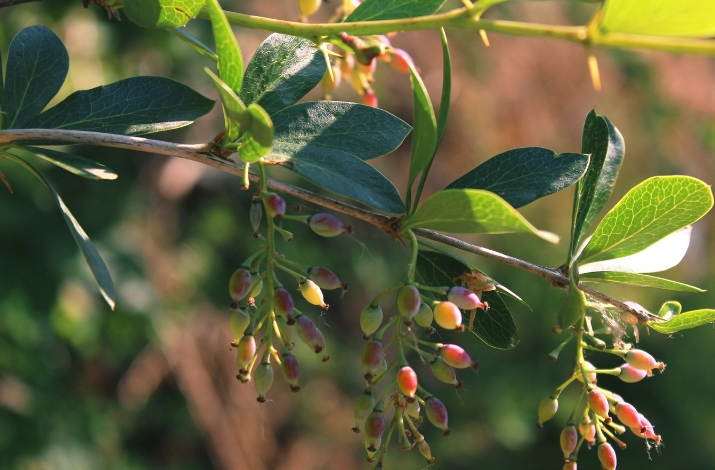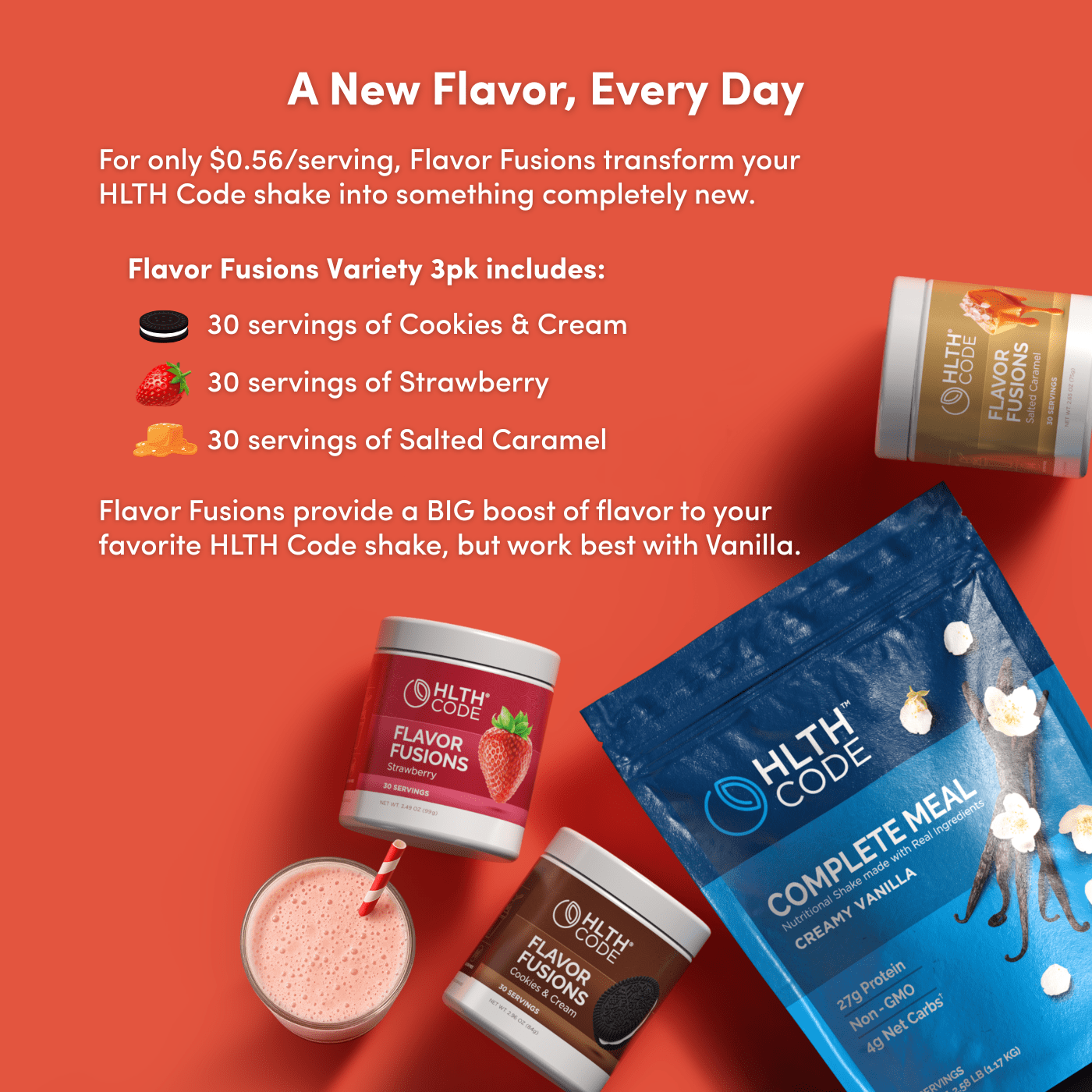The Scientific Buzz and Benefits of Berberine

In the world of natural supplements, one compound has gained increasing attention for its potential health benefits – berberine. Found in various plants, berberine has been a staple in traditional medicine for centuries. In recent years, scientific research has delved deeper into the properties of this compound, revealing a multitude of health benefits.
Metabolic Health and Blood Glucose Regulation
One of the most well-established benefits of berberine is its impact on metabolic health and blood sugar regulation. Numerous studies have demonstrated berberine’s ability to improve insulin sensitivity and reduce blood glucose levels. A randomized controlled trial found that berberine was as effective as the commonly prescribed diabetes drug metformin in lowering fasting blood sugar levels1. Additionally, a meta-analysis published in the Journal of Ethnopharmacology concluded that berberine exhibited significant antidiabetic effects and could be a promising therapeutic option for managing type 2 diabetes2.
Furthermore, berberine has been shown to have positive effects on lipid metabolism. A study published in the journal Metabolism reported that berberine supplementation led to a significant reduction in total cholesterol, triglycerides, and LDL cholesterol levels in patients with metabolic syndrome3. These findings suggest that berberine may play a crucial role in improving overall cardiovascular health by addressing multiple risk factors.
Weight Management and Fat Loss
Beyond its effects on blood glucose and lipid levels, berberine has also shown promise in the realm of weight management. Several studies have investigated the impact of berberine on body weight and fat loss, revealing encouraging results. In a study published in the International Journal of Cardiology, participants with metabolic syndrome who received berberine experienced a significant reduction in body weight, BMI, and waist circumference4.
Moreover, berberine has been found to influence the activity of various cellular pathways involved in energy balance and metabolism. It activates AMP-activated protein kinase (AMPK), a key enzyme that regulates cellular energy metabolism and is often referred to as a “metabolic master switch.” By stimulating AMPK, berberine may enhance fat oxidation and inhibit fat storage, contributing to its potential as a weight management supplement5.
Anti-Inflammatory Properties
Berberine has demonstrated anti-inflammatory properties that may contribute to its overall health benefits. A study published in the International Journal of Cardiology highlighted berberine’s ability to reduce inflammation by suppressing the production of inflammatory markers such as C-reactive protein (CRP) and interleukin-6 (IL-6)6. Another study published in the Journal of Cellular Physiology further supported these findings, suggesting that berberine exerts anti-inflammatory effects by modulating the NF-κB signaling pathway7.
Additional preliminary research indicates that berberine may also offer neuroprotective effects by reducing inflammation and oxidative stress in the brain8.
Gut Health and Microbiota Modulation
The gut microbiota plays a crucial role in maintaining overall health, influencing digestion, metabolism, and immune function. Berberine has been shown to modulate the composition of the gut microbiota, promoting a balance of beneficial bacteria while inhibiting the growth of harmful microbes. A study published in the journal Nature Communications found that berberine could reshape the gut microbiota in a way that contributed to improved metabolic health and reduced obesity9.
Moreover, berberine’s impact on gut health extends to its potential antimicrobial properties. It has been shown to exhibit antibacterial, antifungal, and antiparasitic effects, making it a promising candidate for addressing various gastrointestinal infections10. This dual action on both gut microbiota modulation and pathogen inhibition highlights berberine’s potential in promoting a healthy digestive system.
Cardiovascular Health
Berberine’s positive influence on cardiovascular health extends beyond its effects on blood glucose and lipid levels. Research has demonstrated its ability to improve endothelial function, which is crucial for maintaining healthy blood vessels. Endothelial dysfunction is often a precursor to cardiovascular diseases, including atherosclerosis and hypertension. A study published in the American Journal of Physiology-Heart and Circulatory Physiology found that berberine improved endothelial function by enhancing nitric oxide production11.
Additionally, berberine may offer protective effects against atherosclerosis, a condition characterized by the buildup of plaque in the arteries. Animal studies have shown that berberine supports the inhibition of the progression of atherosclerosis by reducing inflammation, oxidative stress, and lipid accumulation in the arterial walls12. These findings suggest that berberine’s cardiovascular benefits go beyond lipid-lowering effects, encompassing broader aspects of vascular health.
Liver Health and Detoxification
The liver plays a crucial role in detoxification and metabolic processes within the body. Berberine has demonstrated hepatoprotective effects, supporting liver health and function. A study published in the World Journal of Gastroenterology reported that berberine could alleviate liver injury by reducing inflammation and oxidative stress13.
Furthermore, berberine may play a role in the regulation of liver enzymes involved in detoxification processes. Research suggests that it can enhance the activity of phase II detoxification enzymes, promoting the elimination of toxins from the body14. These findings point to berberine’s potential as a natural supplement to support liver health and enhance the body’s ability to eliminate harmful substances.
Cognitive Function and Neuroprotection
Emerging research indicates that berberine may have neuroprotective benefits and could potentially contribute to the preservation of cognitive function. Studies conducted on animal models have shown that berberine exhibits anti-inflammatory and antioxidant properties in the brain, protecting against neurodegenerative conditions such as Alzheimer’s disease15.
Furthermore, berberine may impact neurotransmitter levels and signal transduction pathways in the brain, influencing mood and cognitive function. While more research is needed to fully understand the extent of berberine’s effects on cognitive health in humans, the preliminary findings suggest that it holds promise as a natural compound with neuroprotective potential.
Safety and Considerations
While berberine demonstrates a wide range of potential health benefits, it is crucial to consider safety aspects and potential interactions with medications. Berberine may interact with various drugs, including those metabolized by the CYP450 enzyme system, and its use should be approached with caution, especially in combination with pharmaceuticals. Consultation with a healthcare professional is advised before incorporating berberine into any treatment regimen, particularly for individuals with existing medical conditions or those taking medications.
Conclusion
Berberine emerges as a versatile and promising natural supplement with a myriad of health benefits. Its impact on metabolic health, weight management, anti-inflammatory properties, gut health, cardiovascular health, liver function, cognitive function, and other potential properties make it a subject of increasing interest in scientific research and its ability to play a valuable role in promoting overall health and well-being. Combining Berberine with a diet that prioritizes protein and healthy fats, while limiting carbohydrates, like HLTH Code Complete Meal, can further amplify results.
References
- Zhang, Y., Li, X., Zou, D., Liu, W., Yang, J., Zhu, N., … & Ning, G. (2008). Treatment of type 2 diabetes and dyslipidemia with the natural plant alkaloid berberine. The Journal of Clinical Endocrinology & Metabolism, 93(7), 2559-2565.
- Dong, H., Wang, N., Zhao, L., & Lu, F. (2015). Berberine in the treatment of type 2 diabetes mellitus: a systemic review and meta-analysis. Evidence-Based Complementary and Alternative Medicine, 2015.
- Derosa, G., D’Angelo, A., Bonaventura, A., Bianchi, L., Romano, D., Fogari, E., … & Maffioli, P. (2013). Effects of berberine on lipid profile in subjects with low cardiovascular risk. Expert Opinion on Biological Therapy, 13(4), 475-482.
- Derosa, G., Maffioli, P., Cicero, A. F., & Gliozzi, M. (2014). Berberine on metabolic and cardiovascular risk factors: an analysis from preclinical evidences to clinical trials. Expert Opinion on Biological Therapy, 14(8), 1097-1107.
- Hardie, D. G. (2011). AMP-activated protein kinase: a cellular energy sensor with a key role in metabolic disorders and in cancer. Biochemical Society Transactions, 39(1), 1-13.
- Zhang, Q., Piao, X. L., & Piao, X. S. (2015). Berberine exerts anti‐inflammatory effects in LPS‐stimulated RAW264. 7 macrophages by inactivating NF‐κB pathway. Inflammation Research, 64(6), 421-429.
- Imenshahidi, M., & Hosseinzadeh, H. (2019). Berberine and barberry (Berberis vulgaris): a clinical review. Phytotherapy Research, 33(3), 504-523.
- Bhutada, P., Mundhada, Y., Bansod, K., & Bhutada, C. (2011). Ameliorative effect of berberine against gentamicin-induced nephrotoxicity in rats. Renal Failure, 33(3), 316-322.
- Zhang, X., Zhao, Y., Xu, J., Xue, Z., Zhang, M., Pang, X., … & Zhao, L. (2015). Modulation of gut microbiota by berberine and metformin during the treatment of high-fat diet-induced obesity in rats. Scientific Reports, 5, 14405.
- Ivanovska, N., & Philipov, S. (1996). Study on the anti-inflammatory action of Berberis vulgaris root extract, alkaloid fractions and pure alkaloids. International Journal of Immunopharmacology, 18(10), 553-561.
- Kong, W., Wei, J., Abidi, P., Lin, M., Inaba, S., Li, C., … & Liu, J. (2004). Berberine is a novel cholesterol-lowering drug working through a unique mechanism distinct from statins. Nature Medicine, 10(12), 1344-1351.
- Zhang, Y. B., Li, R. X., Wang, Y., Yang, Y., Che, W. J., Zhang, Q., … & Ding, Z. (2014). Berberine increases the expression of NHE3 and AQP4 in sennosideA-induced diarrhoea model. Fitoterapia, 92, 112-119.
- Wu, W., Li, R., Li, X., He, J., Jiang, S., Liu, S., … & Wu, C. (2016). Quaternary ammonium salt of berberine shows the highest bioavailability and bioactivity due to a self‐adaptive nano‐self‐assembly. Biomaterials Science, 4(2), 295-305.
- Wang, Y., Xie, C., Zheng, Y., Liang, Y., Zhao, X., & Shan, Y. (2016). Berberine suppresses cyclin D1 expression through proteasomal degradation in human hepatoma cells. International Journal of Molecular Medicine, 37(3), 467-474.
- Kulkarni, S. K., & Dhir, A. (2008). An overview of curcumin in neurological disorders. Indian Journal of Pharmaceutical Sciences, 70(2), 137.
- Zhang, Y., Li, X., Zhang, Y., Zhu, J., Zhang, X., & Wu, C. (2015). Synergistic inhibition of breast cancer metastasis by silibinin-loaded lipid nanoparticles containing TPGS. International Journal of Pharmaceutics, 478(1), 147-158.
- Park, S. H., Sung, J. H., Kim, E. J., Chung, N. (2014). Berberine induces apoptosis via ROS generation in PANC-1 and MIA-PaCa-2 pancreatic cell lines. Brazilian Journal of Medical and Biological Research, 47(11), 924-928.
This article is for informational and educational purposes only. It is not, nor is it intended to be substitute for professional medical advice, diagnosis, or treatment and should never be relied upon for specific medical advice.




















